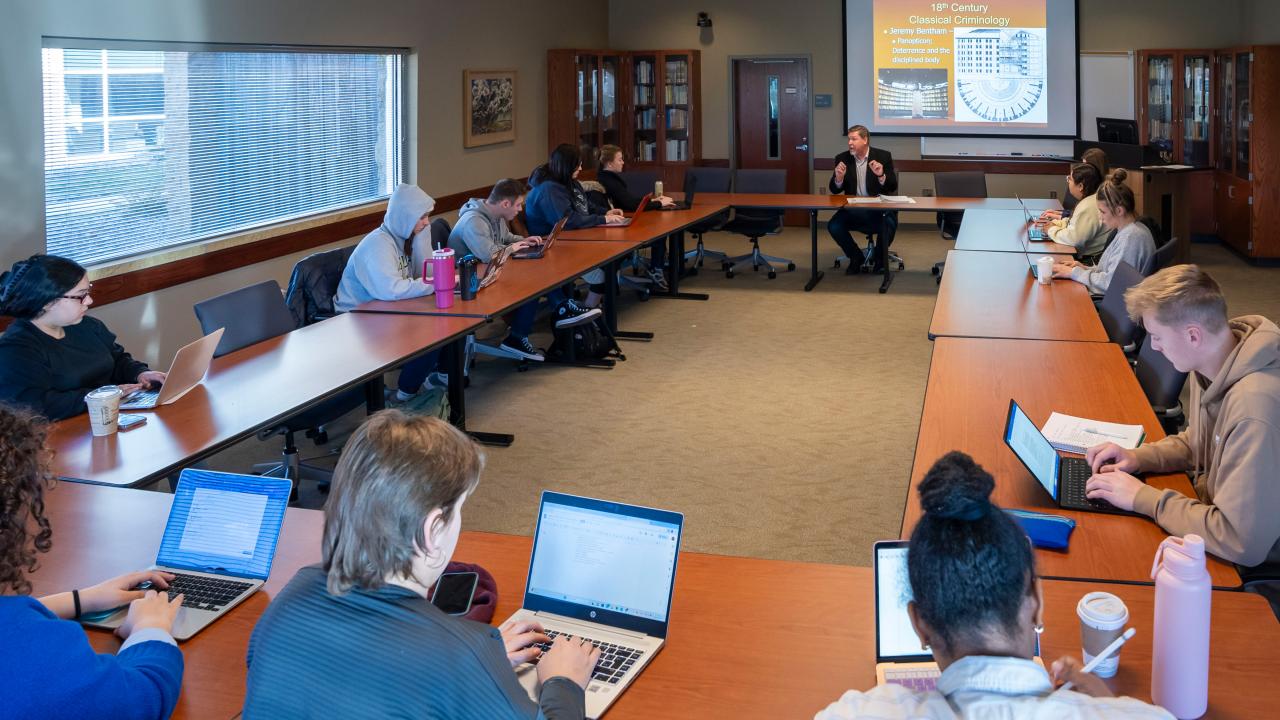Start early. Learning is not quick or easy. It improves with time and practice. Meeting for the first time the day before the exam may hinder your tutor’s ability to get to know you. The benefits of tutoring are fully realized after multiple sessions.
Come prepared and arrive on time. Bring along relevant worksheets, notes, handouts, materials, and supplies. Tutoring does not replace class. Complete practice problems and read your textbook prior to your session. This will help you identify goals for the conversation.
Ask specific questions. You set the agenda, not tutors. Begin by sharing your needs to bring structure and order to the session. They want to discuss concepts that matter most to you. Do you need help prioritizing information or understanding new terminology? Instead of saying, “I am lost” be prepared to state, “Can you help me better understand this part of the problem or concept?” If you do not understand tutors’ explanation, be honest and ask them to rephrase or clarify their terminology.
Tackle the most difficult, important problems or concerns first. Your tutor would hate to run out of time toward the end of the session and be unable to address your questions.
Do the work yourself. Do not expect tutors to do the work or thinking for you. Their objective is to empower you to understand concepts yourself so you can master the material. They give you tools, not answers.
Take advantage of group tutoring sessions. Listening to your peers’ questions can normalize your own experience, reducing your anxiety. They may also inquire about something you have not yet realized. Group sessions may also give you time to work on problems while the tutor circulates to other students, which permits you to try out your new understanding of concepts and ask additional follow-up questions.
Actively participate. Learning is not a spectator sport. Take notes during the session. Do the problem alongside tutors instead of watching them solve it. Listen carefully and in your mind translate each step or concept in your own words.
Think aloud so your tutors understand your comprehension. This will help them intervene or assess gaps in your understanding.
Assess your prior learning. If you struggled with the initial chapters and the subsequent units build upon this knowledge, you may need to return to these topics. Mastering foundational information may also be helpful if this is the first time you are studying a topic and many of the concepts or terminology are new. If you feel completely behind or lost, speak with your professor or academic advisor regarding the suitability of the course and your strategy.
Be open to new suggestions. Your tutors may suggest different study techniques or recommend that you visit a particular department on campus. Ask them to describe their own study habits. Approach these strategies with an open mind and try them to assess their effectiveness.
Meet with your professors. Tutors cannot present information in the same depth as your instructors. The professor is an expert on the subject and can answer your questions about course content. Your faculty are also eager to provide individual assistance to you and have posted their office hours for this reason.



